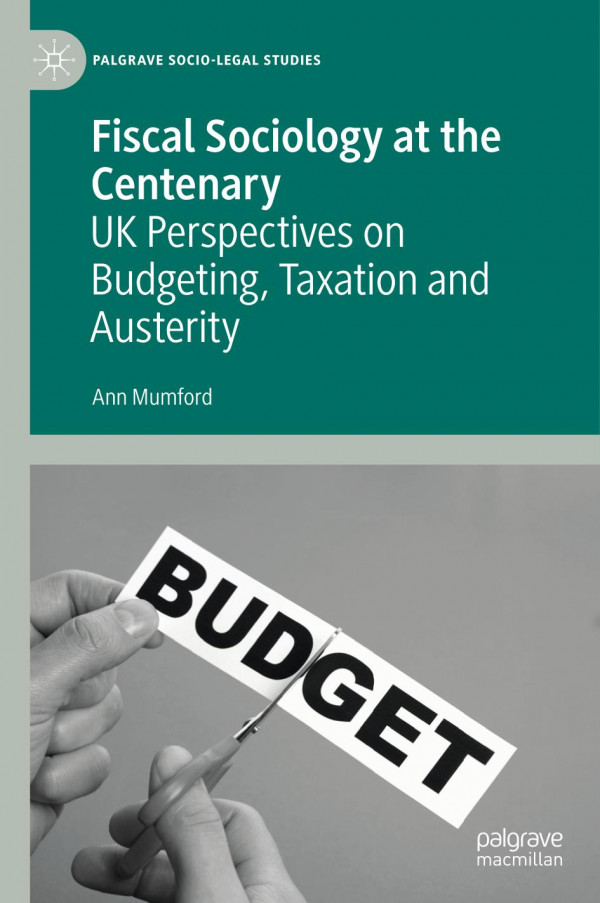

Most ebook files are in PDF format, so you can easily read them using various software such as Foxit Reader or directly on the Google Chrome browser.
Some ebook files are released by publishers in other formats such as .awz, .mobi, .epub, .fb2, etc. You may need to install specific software to read these formats on mobile/PC, such as Calibre.
Please read the tutorial at this link. https://ebooknice.com/page/post?id=faq
We offer FREE conversion to the popular formats you request; however, this may take some time. Therefore, right after payment, please email us, and we will try to provide the service as quickly as possible.
For some exceptional file formats or broken links (if any), please refrain from opening any disputes. Instead, email us first, and we will try to assist within a maximum of 6 hours.
EbookNice Team

Status:
Available4.7
30 reviewsThis book discusses the socio-legal tax state and its relationship to development, inequality and the transnational. 'Fiscal Sociology' commenced in 1918 when Joseph A. Schumpeter examined the links between capitalism and taxation, arguing that fiscal pressures on governments led directly to the development of tax collection, and the burgeoning growth of capitalist economies. The identification of taxation as an important component of capitalism has continued to change the way that theoretical sociologists conceptualise tax. This book documents the history of this literature to provide a summary of the topic for scholars seeking a bridge between taxation law and contextual, historical, and anthropological analyses of the development of the state, more generally. Whilst Schumpeter’s insights have been celebrated over the past one hundred years, taxation has slipped from the agenda of many scholarly disciplines, in relation to analyses of poverty, globalisation, and equality. Fiscal Sociology at the Centenary fills this gap. The implications of this literature for taxation law in the United Kingdom, in particular, are considered.